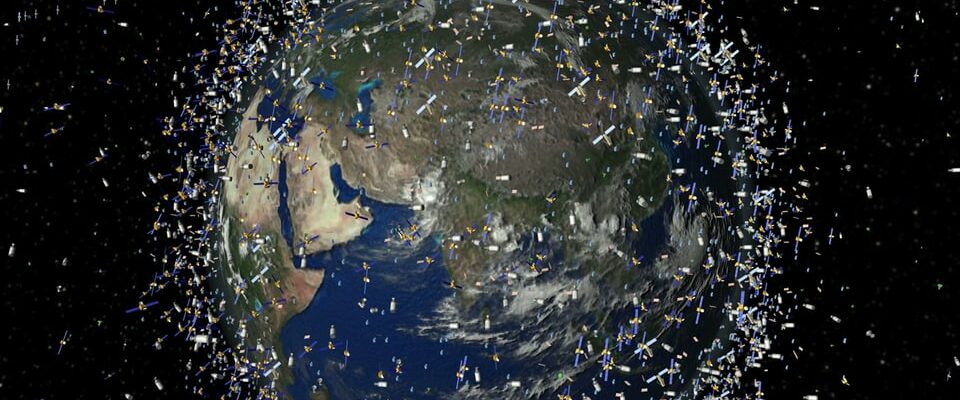Contents
The amount of space debris continues to grow. Now the UN is demanding clear rules. But that will be difficult.
Navigation, communication, meteorology and much more: space is indispensable. All the better, “that the nations – despite political differences on Earth – work well together in the universe,” says UN Secretary General António Guterres. But there is a lot of wishful thinking involved.
The risks have increased enormously.
Global political rivalries have long since reached outer space. This makes it difficult to find common solutions to acute problems. “The risks have increased enormously due to the intensive use of thousands of man-made celestial bodies,” says Aarti Holla-Maini, the new head of the UN space agency Unoosa.
Holla-Maini knows his stuff. Before her UN post, she worked for the space industry for a long time. Around seventy countries and hundreds of private companies are now active in space. The industry as a whole has an annual turnover of more than 400 billion dollars.
25,000 dangerous parts orbit the earth
That creates opportunities. And for dangers. The approximately 9,000 tons of space debris are now threatening: discarded satellites, rocket shells, engine and debris pieces.
Legend:
The computer-animated image shows the almost infinite number of satellites and parts in near-Earth orbit. It seems only a matter of time before potentially fatal collisions occur.
Keystone
There are an estimated 25,000 pieces that are larger than ten centimeters. The risk of collisions is increasing. The failure of important infrastructure in space would have serious, even catastrophic consequences, according to the UN.
Sometimes unsuitable satellites are launched into space that are essentially space junk from day one.
Nevertheless, the problem continues to be grossly underestimated. The UN’s chief official Holla-Maini calls for clear, binding rules: “Especially since many new actors do not adhere to tried and tested standards. “Sometimes unsuitable satellites are launched into space that are actually space junk from day one.” Risk awareness is growing, but geopolitical tensions are preventing effective agreements.
Expand existing agreement?
“A good basis for international regulations would be the UN Space Treaty of 1967,” says Tomas Hrozensky from the European Space Policy Institute in Vienna: “It contains important principles.” For example, that space belongs to no one or to everyone.
The Outer Space Treaty would therefore have to be expanded, specified and modernized. Clear rules are needed for more security. “Better technologies, more monitoring, increased maneuverability of satellites and intensive data exchange can also help,” says Hrozensky.
Wild West in space
However, he currently believes that new UN rules have no chance given the tense world situation: “In the absence of global regulation, at least the individual states should now move forward and define borders with national laws.” That is more realistic.
Nation states can also enforce laws against the space industry. The UN, however, lacks any means of coercion. But national laws are not enough to prevent military space activities.
Ambitious goals are also currently out of reach for the head of the UN space agency. A lot would have been achieved if at least everyone adhered to the guidelines adopted by the UN in 2019. But despite all efforts: “Not enough decisive action is being taken. And too late,” states Holla-Maini.
